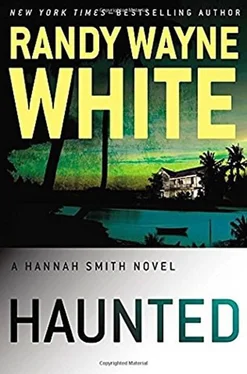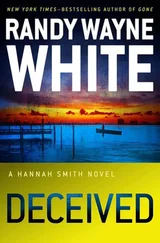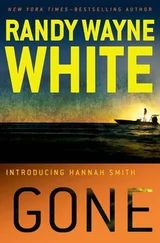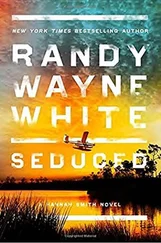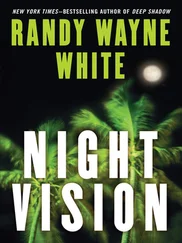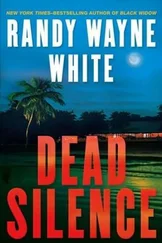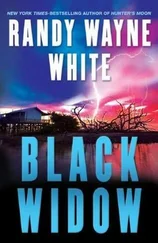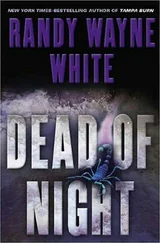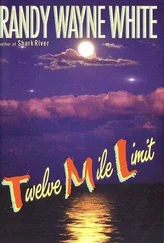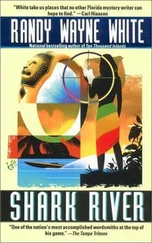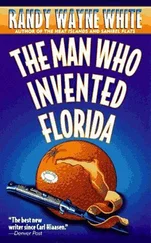Dr. Babbs thawed slightly. “Theo knows next to nothing about methodology, but he has a working knowledge of excavation techniques-sizes of screening mesh, that sort of thing. And he’s well versed in Florida history, I’ll give him that. That told me he’s a digger-a pot hunter, most likely. Right away, I was on my guard.”
Birdy asked, “Are there pre-Columbian archaeologies in the area?” Her articulate question earned a nod of respect.
“I hope you’re assigned to this case. You seem to know something about the discipline. But, no… there are no indigenous sites that I know of… How does that work? Who decides which officer is assigned to this case?”
“I’ll talk to my sergeant, then whoever is in charge would have to request me. But back to Theo’s behavior…”
“I didn’t trust that man from the start. How many people in their late twenties volunteer full-time to do anything? I knew for sure when we were having a drink one night in my RV and out of the blue he brings up some old-time bank robber who buried a sack of money. At first I was relieved. It seemed to explain how he’d stumbled onto a Civil War archaeology. I should have known better.”
Birdy and I considered that, eyes locked, before she asked, “You think he was lying?”
“He played me for a fool.” Babbs had retrieved his briefcase from under a tree and was stowing the waivers we had signed. “That’s off the record, of course.”
“I’m not on duty, Dr. Babbs. Anything official I write I’ll ask you to make deletions or additions before I submit it. That’s not procedure, but I respect the position you’re in. Why are you so sure Theo was lying?”
The man appeared relieved. He asked who his department should contact to request Deputy Liberty Tupplemeyer by name. Then stored her business card away before he answered, “Because his story was so unbelievable-again, in hindsight. He claimed the bank robber-the name will come to me-that he was a direct descendant. That he-Theo, I’m saying-was a direct descendant. The clear implication was that that somehow made him the rightful heir to stolen money that was buried here”-another gesture to the field-“or on the other side of the river. Which is ridiculous, when you think about it.”
“How much?”
“How much money? Wait-it gets stranger. Then Theo came right out and said he’d give me ten percent if I helped him find it. He wanted to use the GPR, in other words. Something like thirty-five thousand dollars in silver when it was stolen back during Prohibition days. Treasure hunters, they always have some bizarre story. I didn’t take him seriously.”
Belton smiled, “Ten percent? He’s certainly a cheap bastard.”
Dr. Babbs didn’t see the humor. “It made him seem harmless. With Civil War diggers, it’s different. They’re always after a payroll in gold that sank. Or was thrown overboard-that’s the most popular story in Florida. I don’t know what Theo’s true intent is, but he’s not going to make a member of the science academy look like a fool and get away with it.”
Birdy saw that as her opening but prefaced it by saying the property owner’s attorney had mentioned a bank robber from the 1930s. “I believe in being up front with the facts, Dr. Babbs.”
“Call me Leslie,” he said. “That’s good news, actually. Knowing there’s a kernel of truth might help when I have to explain this mess later.”
Birdy decided it was time. “Okay, then. Now… Leslie , do you mind showing me where Theo did this unauthorized dig? If he stole something, depending on the value, we might get a felony charge.”
“Just you?” The archaeologist made his meaning clear by looking from Belton to me.
Birdy said, “That’s up to Hannah. I want to pursue this, but we had plans for later.” She sought me for permission.
The whole time, I’d been wondering about Dr. Babbs and his credibility. I didn’t doubt his credentials, but was disturbed by how easily he’d been taken in. His story didn’t make sense. Trust Theo because he was hunting stolen money, not Civil War treasure? There had to be another reason. Birdy might find out.
“We’ll meet for dinner later,” I told her, then partnered up with Belton while Birdy and the archaeologist continued to talk.
Dr. Babbs, as we walked away, said, “Know what’s sad? That young man had everything going for him. He was a decorated Army Ranger and a commercial pilot. Did you know that? But then got laid off. Post-traumatic stress syndrome, he said. But I think drugs might be an issue.”
Birdy, managing to keep a straight face, replied, “Really?”
“Do a background check on him, that’s what I suggest. The night we had cocktails? I might have gotten a little carried away, I admit it. But if Theo claims…”
I didn’t hear the rest, but did hear Birdy respond, “Really?”
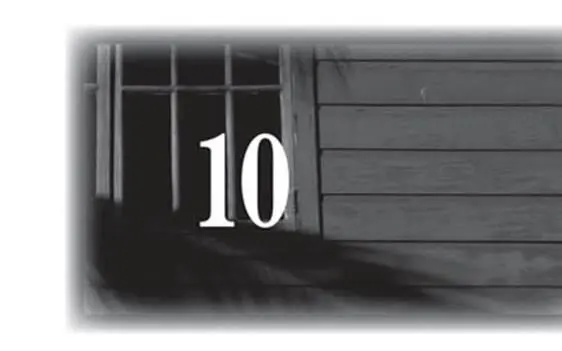
A mile south of the old railroad bridge, where cypress and mimosa trees draped moss over the river, Belton switched places so I could see the boat’s sonar screen. Carmelo, at the wheel, jabbed a finger and said, “ Fish,” while I shaded my eyes.
Cartoonish fish icons, which always make me wince, appeared in pixelated yellow around a red rectangular object. The river bottom had varied in shades from white to gray in the shallows, but here, in this shaded oxbow where depth dropped to fourteen feet, it was black.
“Hard bottom,” I told Belton.
“I think it could be a sunken boat,” he said, meaning whatever was below us. “Or the remains of a dock. But wouldn’t that have rotted away years ago?”
“Floated away, more likely,” I said, then asked something I’d been wanting to ask. “You said you did a lot of research. Was this always called Telegraph River? I can’t find it on old maps.” I was thinking of Capt. Summerlin’s journal. In summer of 1864, he and friends had explored a north branch off the Caloosahatchee in the twenty-five-foot dory Sodbuster . Summerlin’s concern about spies had caused him to scribble out the tributary’s name. When the page was held up to a light, however, I could make out four letters-JOPO. Possibly JOPE, or even TOPE, because Summerlin’s old-time penmanship placed triangular stems on some letters. I was tempted to get the journal from my backpack and show Belton but wasn’t ready to risk that quite yet.
Belton replied, “That’s because the river’s not on maps before 1900. Not named, I mean. The telegraph service to… well, it’s a town north of here… wasn’t completed until the 1880s.”
“Arcadia?” I suggested.
“Yes… No… Wait, I can’t remember for certain. I used to have a good memory, but I lose things so quickly now.” He told Carmelo to swing the boat around so we could have another look at the bottom, annoyed with himself. He used a handkerchief to wipe his face. Soon the rectangular object reappeared, along with cartoonish fish icons. “A failing memory is bad enough,” he said, “but when your body falls apart, it’s downright humiliating-especially when I’m with a beautiful woman.” He looked at me to see how that was accepted.
I laughed. “Stop flirting and tell me why you think it’s a boat.”
He put his hand on my shoulder to study the sonar but removed it when he stood. “I’m going to trust you with something-but not right now. Okay?”
“A secret?”
He motioned me away from the console and spoke into my ear. “Just between us. Carmelo doesn’t know and I don’t trust him as much as you think. I’ve got to be careful.”
Читать дальше
